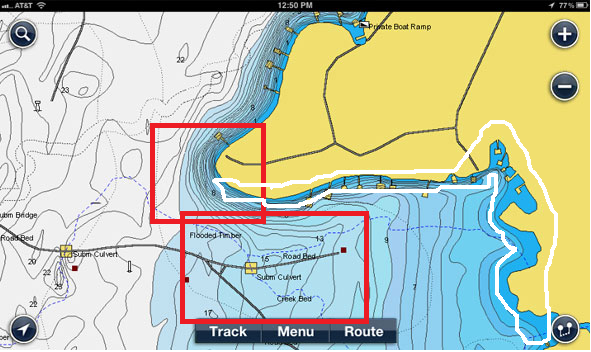VMAN-Fishing34 said:
I am 17 got my drivers license and gear and always wanted to bass fish but have never had any luck... Would really love some info on the subject please

I live near troutdale. Thanks

happy fishing!
-Vitaliy
<SNIPPED>
Which type of bass? You fish for largemouth and spotted bass differently than you fish for smallmouth, and striped bass differently, still.
What type of gear do you have? Levelwind/baitcasting gear, or spinning gear or a fly rod?
It's my opinion that you start with the easiest method to catch the fish and as you learn about the fish - it's habits, what triggers it to strike, when and where to fish for it - you then take the next step to make it harder to catch them.
If you're fishing in an area that allow live bait, you can't beat a nightcrawler under a bobber for largemouth, or a small minnow under a bobber for both largemouth and smallmouth. They can work any time of the year.
If you are in lure-only water, there are two basic ways to get a bass to take your lure: trigger an aggressive strike or imitate a bait. There are ten thousand techniques but they are all refinements and variations on those two, most basic techniques.
Live bait or artificials, you have to figure out where the fish will be and there's another encyclopedia of information about where they're most likely to be on any given day, in different kinds of light, with different water temperature and water clarity, and with differing barimetric pressures and phases of the moon.
Bass are ambush predators. They want the most calories from their prey while using the fewest calories to capture it. They want to be protected from predators that want to capture them. Hiding places - some form of concealment - is where they'll be. Predators won't see them easily, and the bass can ambush their prey from their hiding place.
Fishing a lake? Look for objects you can see: the edges of weed beds, logs, boulders - anything that breaks-up the contour of the bottom of the lake. These are "objects on structure" and they offer hiding places for the bass, ambush points to attack their prey, and in spawning season, beds that they'll defend. Look for drop-offs and channels. These are the "structure" of the lake - the physical shape of the bottom. Bass like the dropoffs if the sun is bright and the air and water is warm because they can hang in deeper, cooler water and attack up into the shallows.
Either on structure or on objects, look for where shadows stop and concentrate right there, at that edge, because that's a hiding spot for the bass. Whenever you approach the water, look for the edges, the borders, and the boundaries that break up the light. Then look for the physical objects and the structure of the bottom. If you can find a spot where you have a break in the light and have objects in the water or a dropoff in the structure, that's the right place to get started.
In a river, you can't count on the bottom structure, but you can count on objects in the water and edges and boundaries between light and shadow. Look for slower moving water - fish don't like to hang in the current for very long using up their energy. In a river, a new "edge" to hunt for is a break in the current - the boundary between moving water and still (or slower-moving) water. Look in the inside of a bend of a river where the water is slower than it is at the outside of the bend. If you can find a rock, a log, or anything in that water that a bass can hide behind, fish there!
And fish each spot you think is likely several times. Over-and-over. What a bass might ignore the first time might aggravate it into striking the second time, or the third or fourth. Be persistent.
You're going to get a lot of answers here, but this is a starting point. Ask any questions you want and someone will chime in.
Ask about lures and someone will answer. Ask about line and you'll get answers. You're on a noble path young angler <SNIPPED>

 I live near troutdale. Thanks
I live near troutdale. Thanks  happy fishing!
happy fishing!